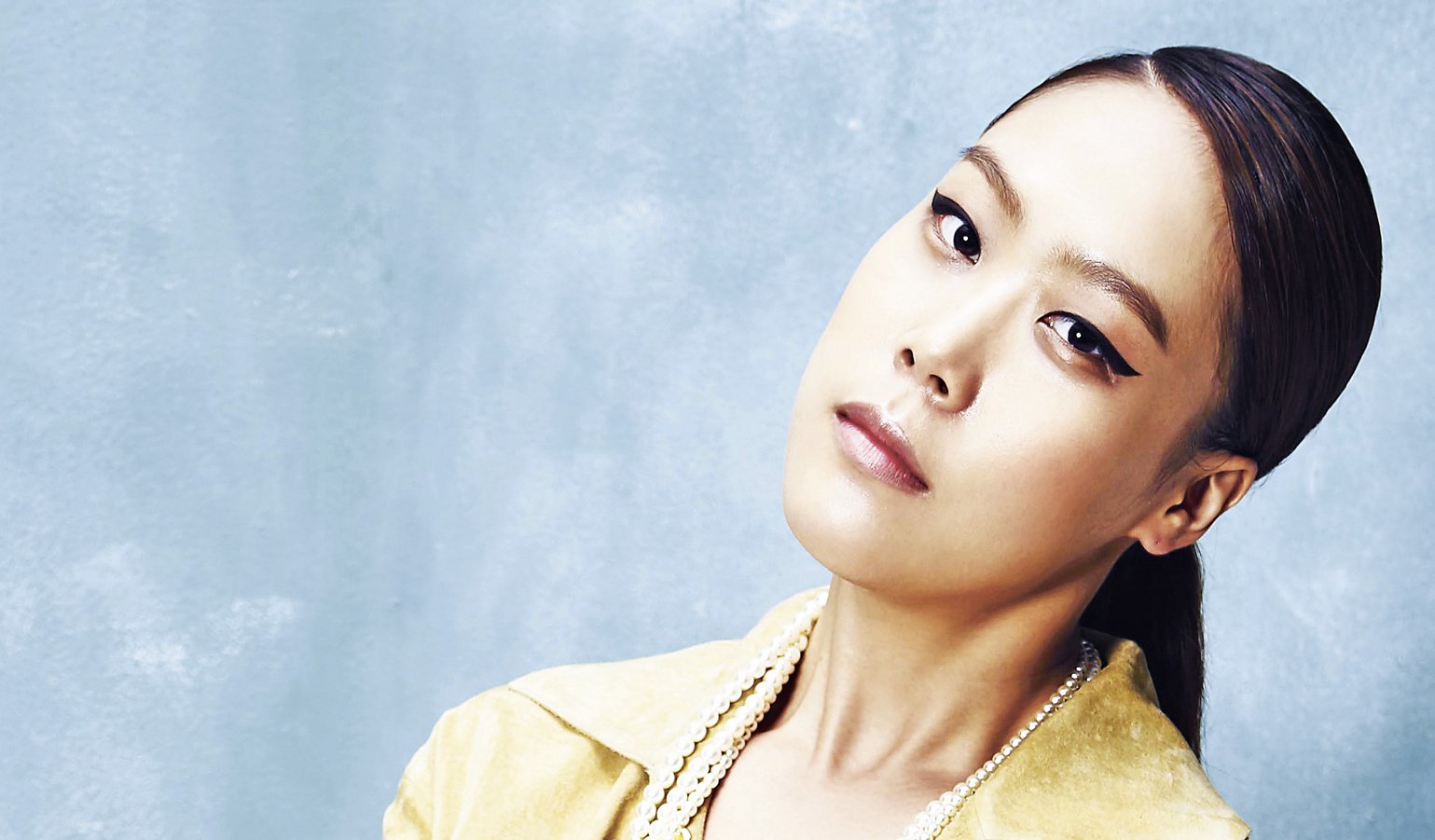
Program
Featuring
Other information
The event is about 2.5 hours long.
About the event
A piano concerto that helped Rachmaninoff recover from depression. A symphony that made Sibelius successful throughout Europe. An expert in interpreting both composers, and a pianist conquering even the most difficult concert pieces. The BFO brings them all together.
Important events took place in 1901 across the musical world: Rachmaninoff completed his Piano Concerto No. 2, and Sibelius set to work on his Symphony No. 2. Both works represented breakthroughs for their composers. The former helped Rachmaninoff give up alcohol and break free from his depression caused by a failed premiere, and the latter brought Sibelius wide acclaim throughout Europe, something no other Nordic composer had achieved before. Conducting both pieces this time will be the 80-year-old Russian conductor Dmitri Kitayenko, who has already produced multiple award-winning recordings of symphonies by both composers.
“Marvellous, intense and boundlessly virtuosic,” wrote one critic of the South Korean Yeol Eum Son. The Times described the young pianist, the BFO’s soloist for the first half of the concert, as “a model of clarity and fleetness.” All of these qualities are necessary for Rachmaninoff’s Piano Concerto No. 2, which the composer performed himself at the premiere. The work is dedicated to Rachmaninoff’s physician Nikolai Dahl, who through hypnotherapy supported him in writing the concerto. The sessions worked: the composer recovered from his depression once and for all.
Sibelius began to ponder his Symphony No. 2 under entirely different circumstances, while on a peaceful excursion in Italy. This is the composer’s final work that clearly pays tribute to classical forms and the great predecessors. The use of small motifs as building blocks, the uninterrupted transition between the final two movements and the solemn finale all evoke Beethoven.
